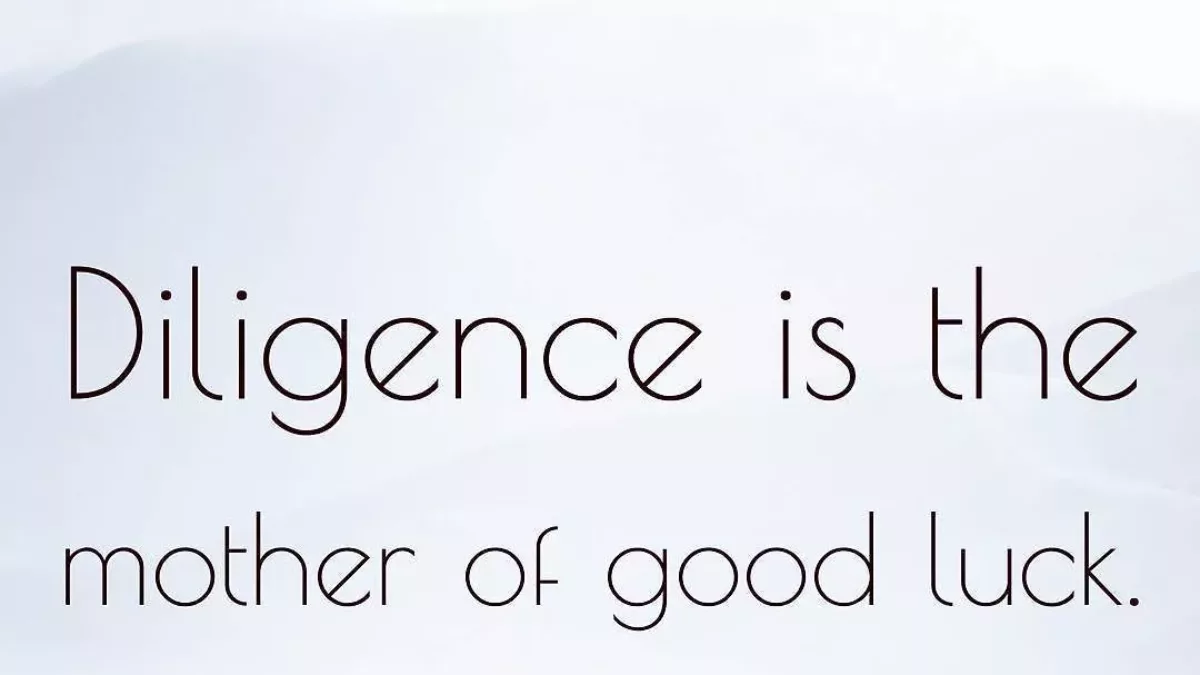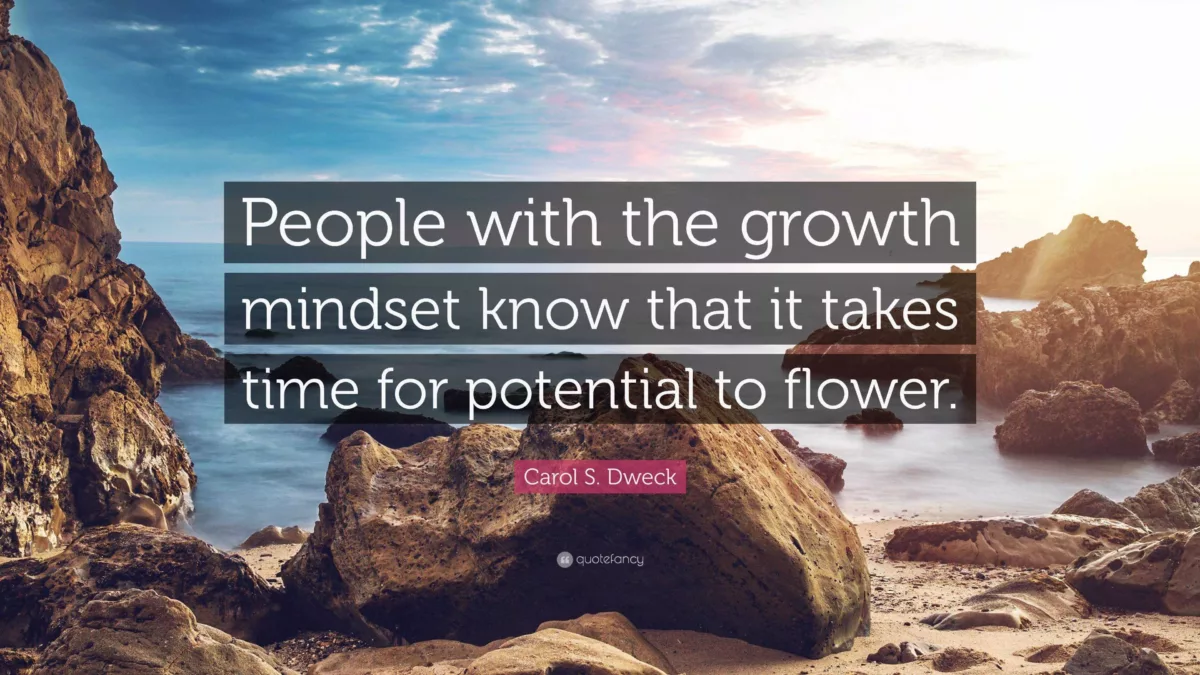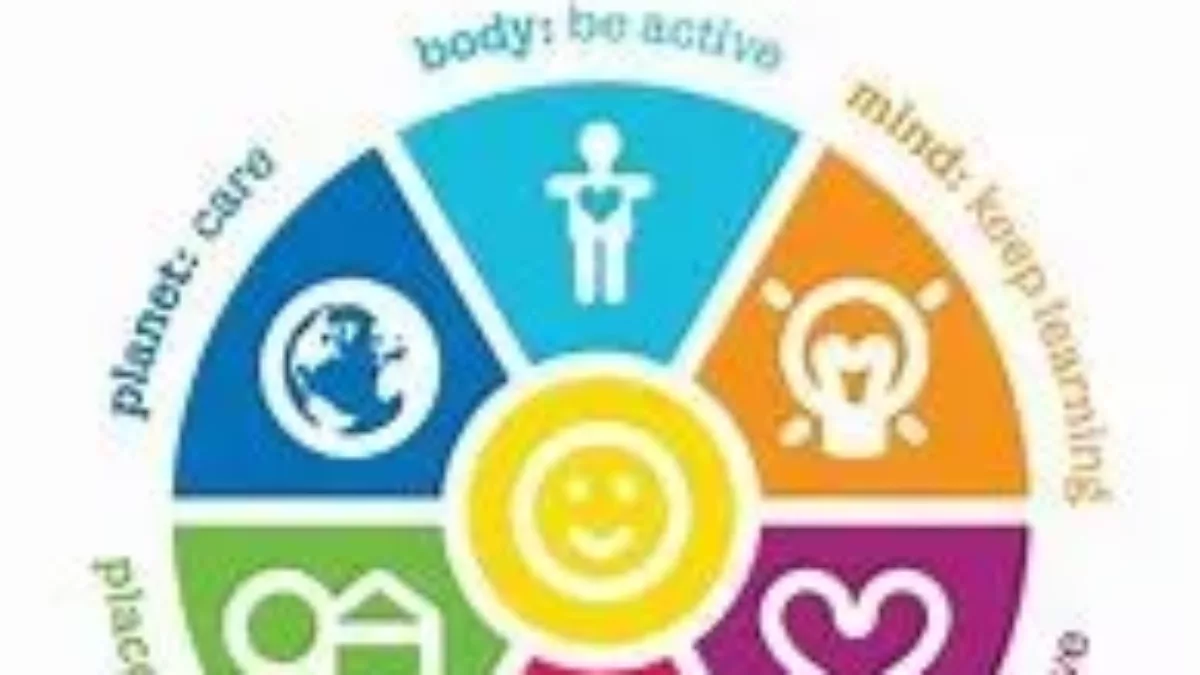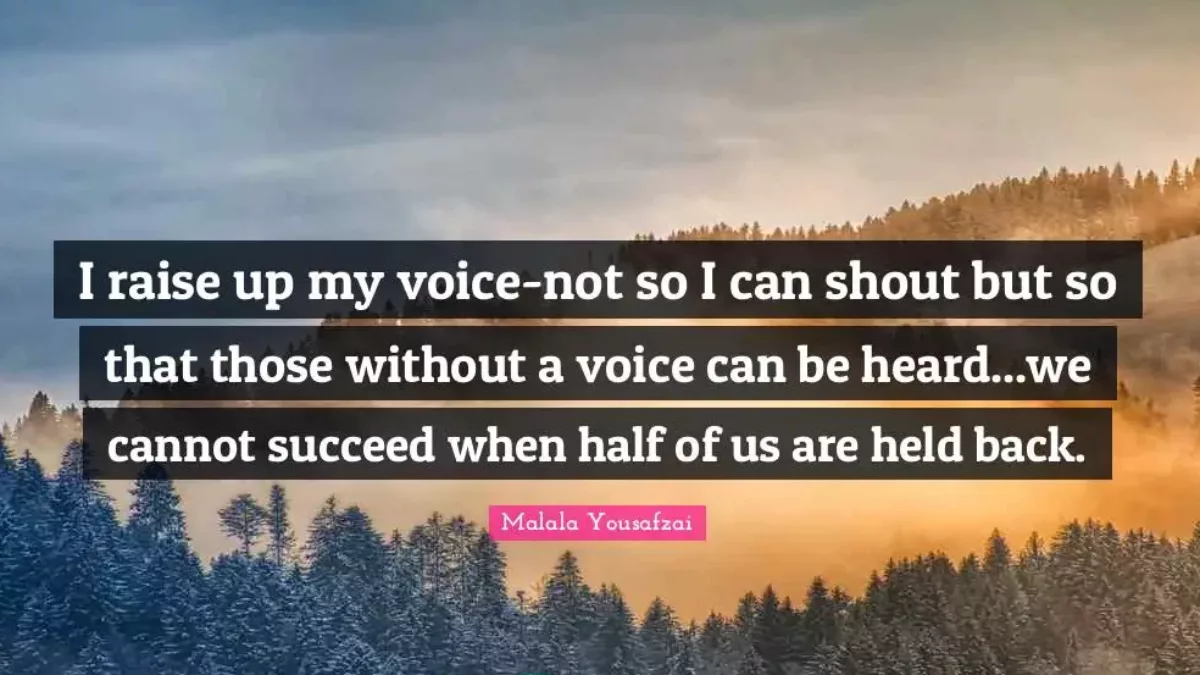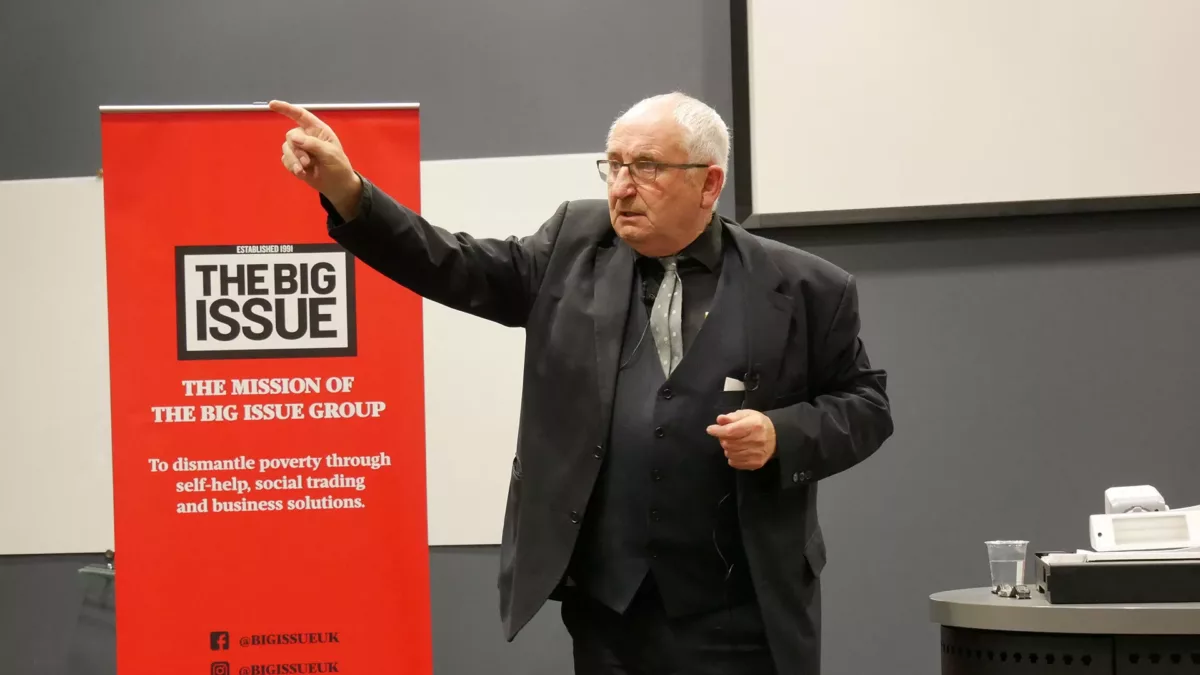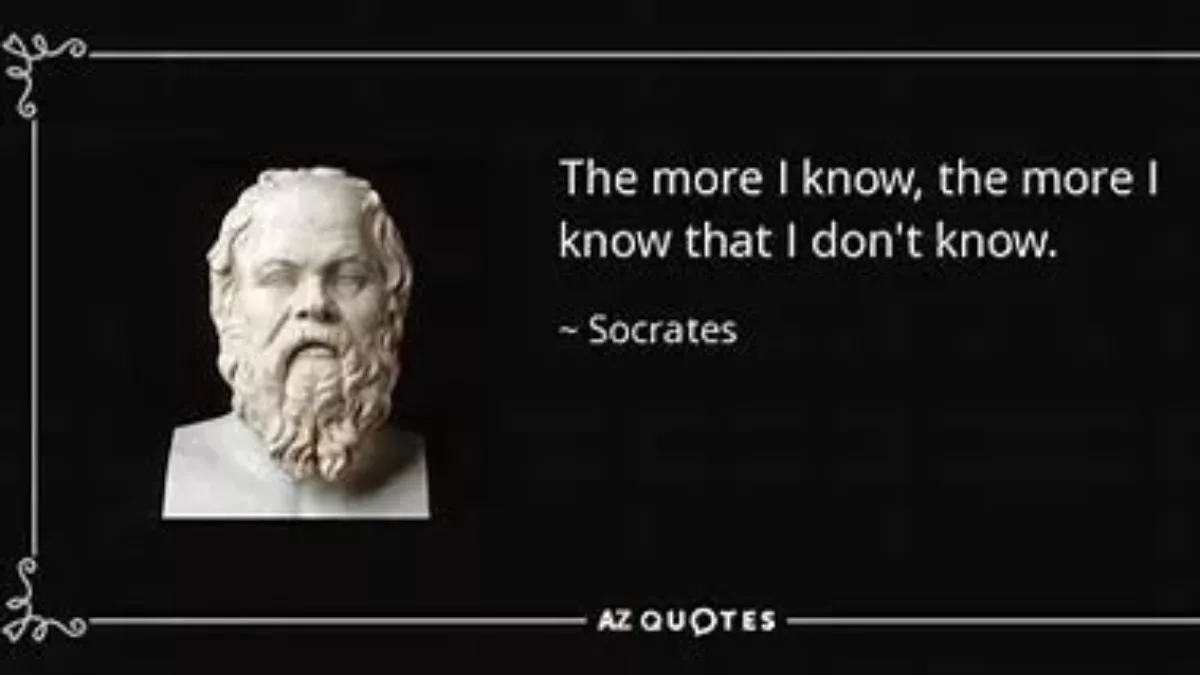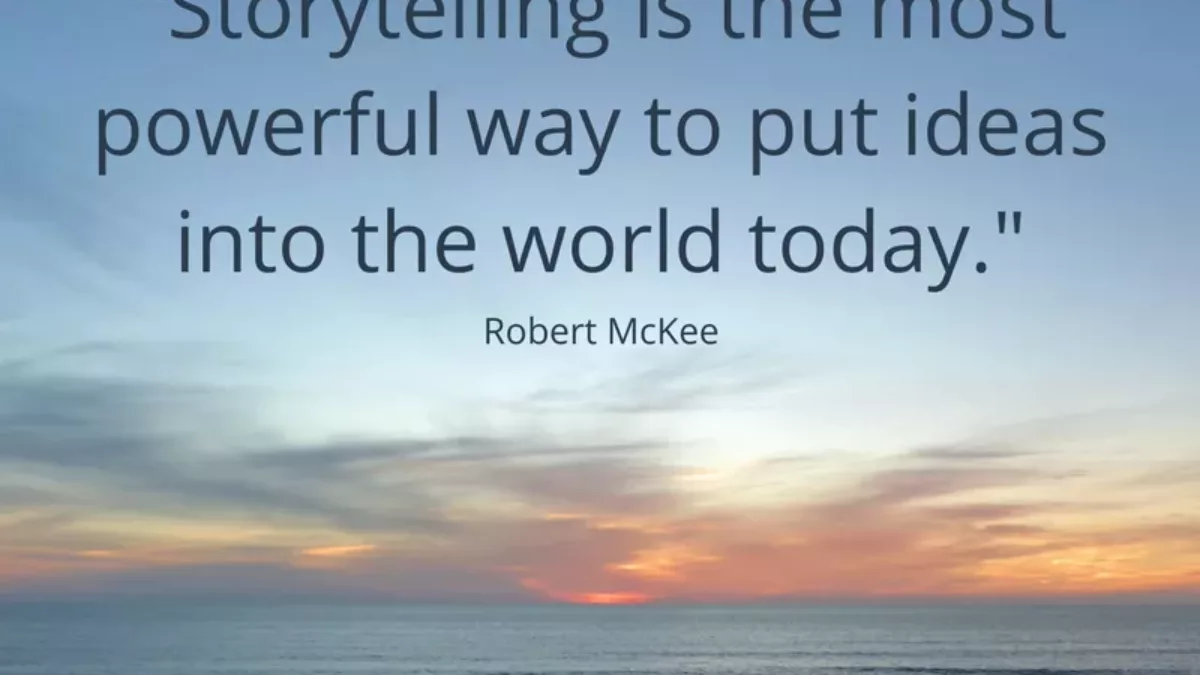BLOGS
BLOGS
GENEROSITY
‘We make a living by what we get. We make a life by what we give.’ (Winston Churchill)
HOM: Applying past knowledge to new situations.
Generosity is the virtue of being liberal in giving, often as gifts. It is regarded as a virtue by various world religions and there will often be opportunities for regular giving. And it may be considered a religious duty as in the giving of zakat in Islam or tzedakah in Judaism. However, this means not only giving to charity but also supporting social justice. So, generosity involves the offering of both gifts and service and our time to those in need.
This week is National Volunteers Week, an annual celebration of the contribution that millions of people make across the UK through volunteering. Without the army of volunteers visiting the isolated elderly, running food banks, listening to young developing readers in schools and hospital and prison visiting etc., our society would be less civil and the needs of so many left unmet. Therefore, the giving of time as well as money is a central tenet of what makes for a generosity of spirit.
As a part of the Duke of Edinburgh’s Award Scheme many of our students get the opportunity to do some sort of service in the community. This may not be as attractive a proposition as the camping weekends and development of new skills, but it is valued by those whom they help and may lay the foundation for future social awareness and engagement.
Another form of generosity to consider is that which gives people ‘the benefit of the doubt’ and this is an aspect of any kind and loving relationship. This is the capacity, in the words of Alain de Botton, ‘to be uncommonly generous towards a fellow human especially at moments when they may be less than straightforwardly appealing’. He goes on to say that ‘’To love is above all else, to know how to be generous. So, a generous spirit will extend greater understanding, recognising that we also may be less than perfect or appealing at times and hope for a generosity of spirit towards us on those occasions, rather than hasty and condemning judgement.
And de Botton cites Jesus as the model of how we might respond with generosity towards those others may consider ‘unlovely’ or who try our patience. For example, in the Gospel of Luke he goes to a dinner party and a local prostitute turns up, much to the disgust of the hosts. But Jesus is friendly and sweet and defends her against everyone else’s criticism. In a way that shocks the other guests, he insists that at heart, she is a good person.
Then there’s another story (in Matthew, chapter 8) where Jesus is approached by a man with leprosy. He’s in a disgusting state. But Jesus isn’t shocked, reaches out his hand and touches the man. Despite the horrendous appearance, here is someone (in Jesus’s eyes) entirely deserving of closeness and kindness. In a similar vein, at other times, Jesus conspicuously argues that tax collectors, thieves and adulterers are never to be thought of as outside the circle of love.
That is what generosity as love looks like. ‘It is an effort to see beyond the outwardly unappealing surface of another human – in search of the tender, interesting, scared and vulnerable person inside’. And as Churchill rightly said, it is through what we give to others that we make a life for others better and a life for ourselves truly meaningful.
Christine Crossley.

